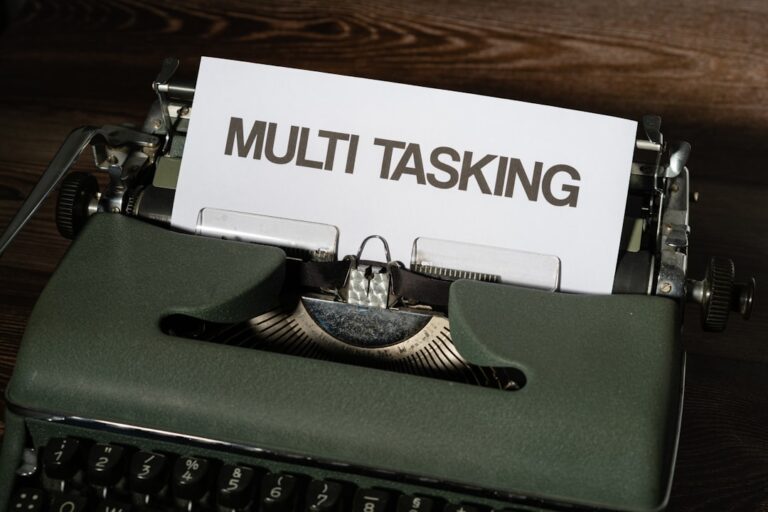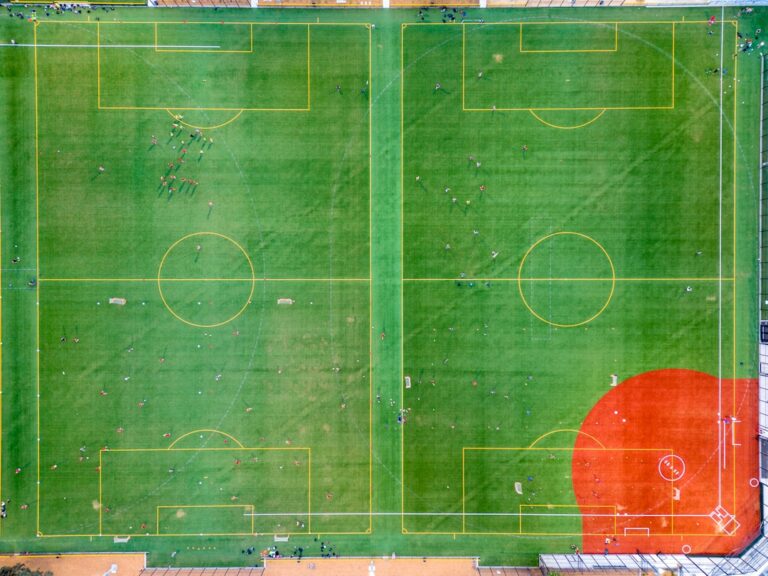
Ever feel like you’re constantly running on empty, trying to juggle a million things but never quite getting ahead? I know that feeling all too well. For years, my time, energy, and even my focus felt like a chaotic mess. I had big dreams, but my daily life was a cycle of distraction and exhaustion. It’s a common struggle. We all have limited resources—our time, our mental energy, our physical strength, and our finances. How we choose to spend them truly shapes our lives.
The good news? You can take control. It’s not about finding more time in the day or magically gaining endless energy. It’s about being intentional with what you already have. Learning to allocate your resources effectively is a game-changer. It helped me move from destructive habits like gaming addiction and binge eating to building a life of purpose and health. It’s an ongoing journey, but these ten steps have been my roadmap. Think of it as a friendly chat about taking charge of your life, one conscious choice at a time.
1. Understand Your Core Values and Purpose
Before you can decide where to put your resources, you need to know what truly matters to you. What are your non-negotiables? What gives your life meaning? For me, strengthening my Christian Orthodox faith has truly become a compass. It helps me find purpose and understand what a truly good existence looks like. When you know your values, your choices become clearer. They become less about fleeting urges and more about building something lasting.
2. Define Your Clear Goals
Once you know your values, set some specific goals. What do you want to achieve in different areas of your life? Think about your health, relationships, work, spiritual growth, and personal development. Don’t just wish for things. Write them down. Make them concrete. Want to lose weight? Set a specific target. Want to improve a relationship? Define what that looks like. Clear goals give your resources a target.
3. Audit Your Current Resource Use
This step can be a real eye-opener. Take an honest look at where your time, energy, and money are actually going right now. For a week, track it. Every hour. Every purchase. Every moment of focus. I remember doing this myself. I was shocked to see how many hours I was pouring into gaming or how much mental energy I spent stressing over things I couldn't control. It was a harsh but necessary reality check. You can’t fix what you don’t see.
4. Identify Waste and Leaks
After your audit, you’ll probably notice some patterns. Where are your resources draining away without serving your values or goals? For me, it was clear: excessive gaming, late-night binge eating, endless scrolling on my phone. These were huge leaks in my system. Identify your own. Are there habits that steal your time? Activities that leave you feeling drained instead of energized? Unnecessary expenses? Pinpoint them.
5. Prioritize What Truly Matters
Now, compare your current resource use with your values and goals. What needs to change? This is where you decide what deserves the lion’s share of your resources. Focus on your top 2-3 priorities at any given time. Trying to do everything means you often accomplish nothing. Be ruthless in your prioritization. If something doesn't align with your core purpose or your most important goals, it probably doesn't deserve your precious resources.
6. Schedule and Plan Your Allocation
Don't just hope you'll do it. Plan it. Block out specific time for your priorities. This is where my "short bursts of deep work" routine came into play. I found that 2-4 hours of focused, uninterrupted work was far more productive than a full day of scattered effort. Schedule your workouts, your time with loved ones, your spiritual practices, and even your downtime. When it’s on your calendar, it's more likely to happen. Treat these commitments with the same importance as work meetings.
7. Protect Your Resources Fiercely
Once you’ve decided how to allocate your resources, guard them. This means learning to say "no." Say no to extra commitments that don't serve your purpose. Say no to distractions that steal your focus. Say no to people or situations that drain your energy. It’s not selfish; it’s self-preservation. You can't pour from an empty cup, and protecting your boundaries protects your ability to serve your highest priorities.
8. Regularly Review and Adjust
Life changes, and so do your priorities and circumstances. Resource allocation is not a one-time thing. Make it a habit to regularly review how you’re doing. Maybe it's a weekly check-in or a monthly deep dive. Are you still aligned with your values? Are your goals still relevant? Are your methods still effective? Be flexible. Adjust as needed. This constant fine-tuning keeps you on track and prevents you from drifting off course.
9. Celebrate Small Wins
This step is crucial for staying motivated. When you make progress, no matter how small, acknowledge it. Celebrate it. This really hit home when I lost over 110 pounds. It wasn't about the final number; it was about celebrating each pound lost, each healthy meal eaten, each workout completed. These small wins build momentum and reinforce positive habits. They tell your brain, "Hey, this is working! Keep going!" Don't wait for perfection. Celebrate the effort.
10. Seek Support and Accountability
You don’t have to do it all alone. Find friends, family, or mentors who support your journey and hold you accountable. Sometimes, just sharing your goals with someone can be a powerful motivator. For me, connecting with like-minded people in my faith community provides immense encouragement and helps me stay true to my path. Lean on others when you need to, and offer your support in return. We’re all in this together.
Taking control of your resources truly changes everything. It shifted my life from a place of struggle and unhealthy habits to one of purpose and balance. It's not about being perfect; it's about being intentional. What’s one small step you can take this week to allocate your time, energy, or focus more effectively towards what truly matters to you? Start there. You’ve got this.





